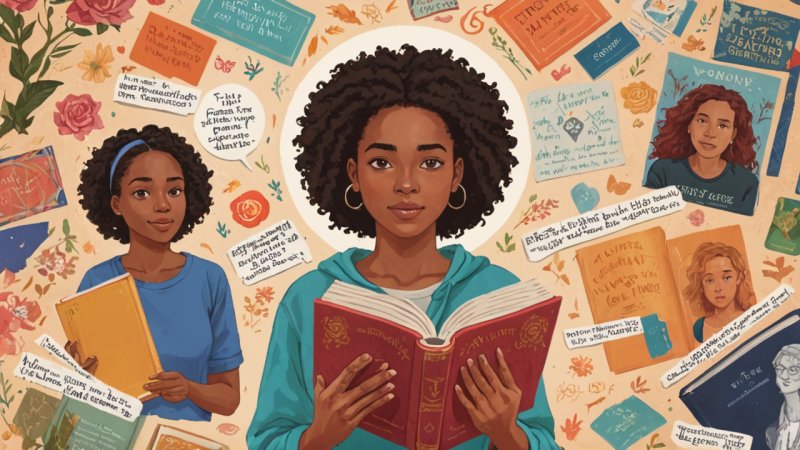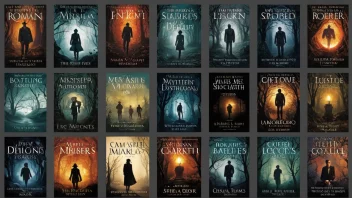Young adult (YA) fiction has carved out a unique space in the literary world, skillfully addressing the theme of coming-of-age. This genre resonates with adolescents as it encapsulates the myriad challenges and triumphs that accompany the transition from childhood to adulthood. Through relatable characters and engaging narratives, YA literature provides a vital exploration of identity, relationships, and personal growth. One of the defining features of coming-of-age stories in YA fiction is their focus on self-discovery. Characters often embark on journeys that force them to confront their beliefs, values, and desires. In 'The Hate U Give' by Angie Thomas, Starr Carter navigates the complexities of race and identity in the aftermath of a traumatic event. Her evolution throughout the narrative illustrates the struggle between personal and societal expectations, creating a powerful commentary on the importance of finding one's voice amidst chaos. Relationships are another crucial aspect of coming-of-age in YA literature. The dynamics between friends, family, and romantic interests shape characters' identities and play a pivotal role in their development. In 'Everything, Everything' by Nicola Yoon, Maddy's sheltered life is challenged when she falls in love with Olly, prompting her to reevaluate her understanding of love and freedom. These relationships serve as catalysts for self-growth, as characters learn valuable lessons about trust, vulnerability, and acceptance. Furthermore, YA fiction frequently delves into the theme of mental health, an essential consideration during adolescence. Novels such as 'Girl in Pieces' by Kathleen Glasgow address issues of trauma, depression, and resilience, highlighting the importance of mental well-being in the coming-of-age process. By portraying characters who grapple with their mental health, authors foster empathy and encourage readers to engage in open conversations about their own experiences. In addition to personal challenges, the intersection of social issues and coming-of-age is a prevalent theme in YA literature. Books like 'Dear Martin' by Nic Stone tackle systemic racism and the struggles faced by marginalized communities, prompting readers to reflect on their own beliefs and the world around them. This critical exploration of social justice not only enriches the narrative but also empowers young readers to advocate for change in their lives and communities. Ultimately, the journey of self-discovery in YA fiction culminates in moments of realization where characters embrace their true selves. This transformative process resonates deeply with readers, encouraging them to embark on their own paths of growth. In 'Fangirl' by Rainbow Rowell, Cath learns to navigate her passions and relationships, ultimately understanding her worth and identity as a writer and individual. In conclusion, young adult fiction serves as a powerful exploration of coming-of-age themes, providing insights into identity, relationships, and mental health. Through authentic characters and impactful narratives, YA literature fosters a sense of connection and understanding among young readers. As they engage with these stories, they are reminded that the journey of self-discovery is both challenging and rewarding, inspiring a lifelong love for literature and learning.
The Transformative Power of YA Literature
Explore the transformative power of young adult literature as it delves into identity, relationships, and personal growth.






